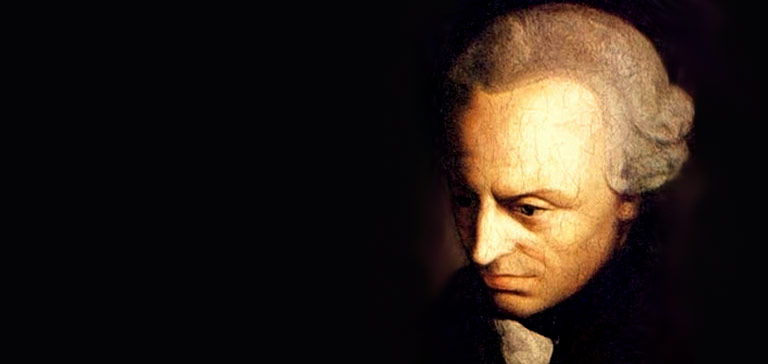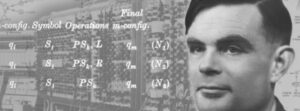In the last two centuries, few thinkers have left a mark as clear as Immanuel Kant. Kant’s works, especially his Critique of Pure Reason (1781 and 1787), brought about a philosophical upheaval as important as the political changes caused by the French revolution of 1789. The thinkers who became the mouthpieces of our time – like Schopenhauer, Heidegger, Wittgenstein, and Lyotard- confirmed that our world only became truly modern with Kant’s ideas.
Kant explores the possibilities and boundaries of human reason – whether his subject is knowledge, ethics, art, or religion. Everyone who regards himself as modern or postmodern is an inheritor of his critical self-evaluation. Thus, Kant’s oeuvre is much more than a series of important scientific texts; it is the very foundation of an era that is still fully in motion.
Within the theme Good & Evil in the 21st Century. The Significance of Political Ideals, the International Spinozaprijs foundation chose Immanuel Kant (1724-1804) as its ‘departed thinker’ of 2013. His legacy will be honored with an educational introduction for secondary and higher education, authored by Dr. Hans Dijkhuis. The introduction will be published in the course of 2014.
Translations of Kant’s works have previously been published by Royal Boom Publishers in Amsterdam.





